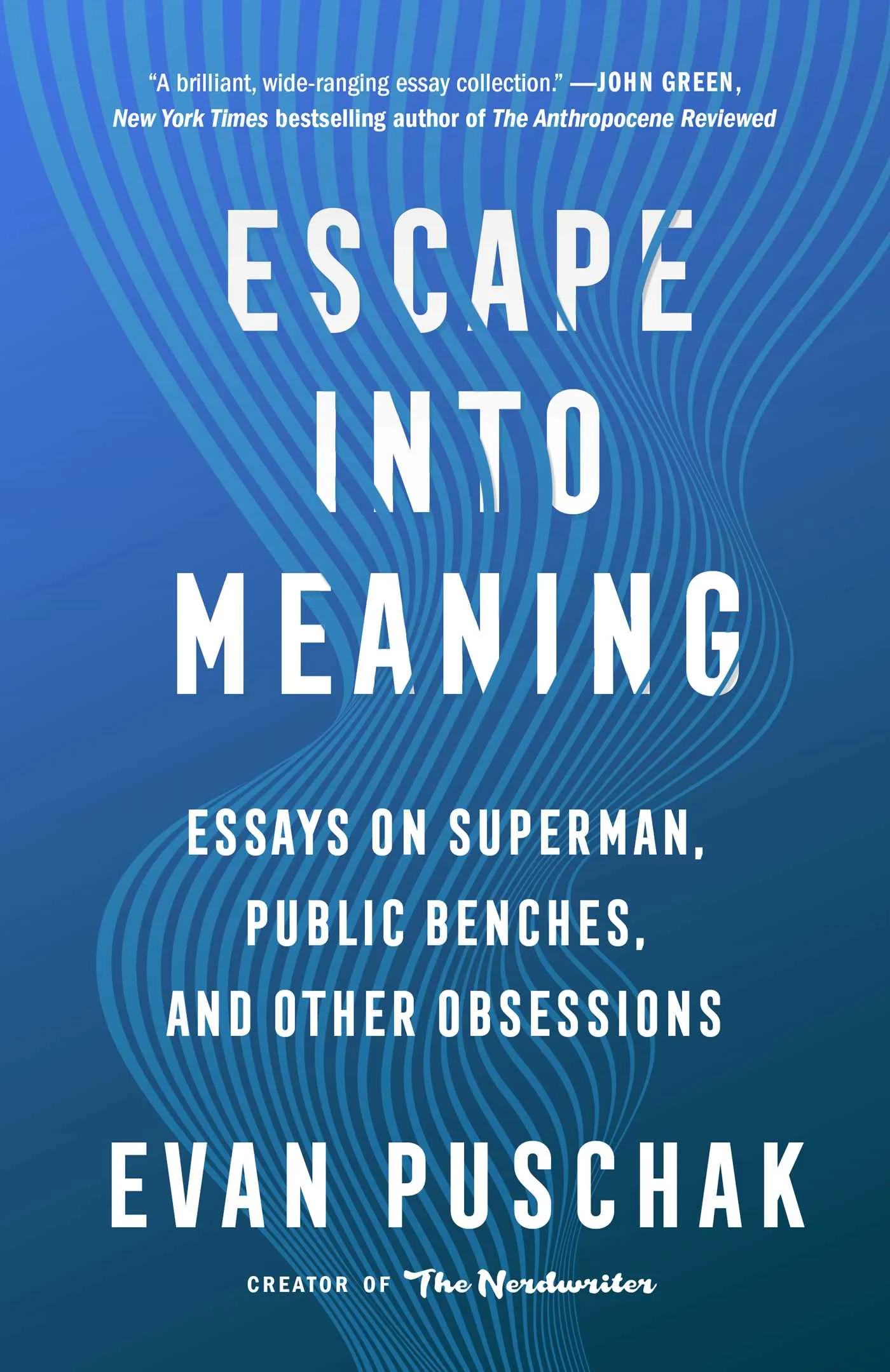
From Emerson, I learned two fundamental truths: first, that we learn by expressing, not by thinking, which is to say that knowledge doesn’t really exist until you can write it down. What we normally imagine as “thinking” is really just a distracted form of writing, like having a disoriented drunk at a typewriter behind your eyes. Writing sobers him up. The pen (or the word processor) lets the mind compose language into knowledge that’s far more sophisticated than what that little boozer can do on his own.
There may be cyberspace in cyberpunk, but there’s no social media. There may be surveillance, but there’s resistance to it. Who could have guessed in the 1980s that we would choose to surveil ourselves, that we would happily give up every crumb of personal information for packages delivered a few days sooner and tailored search results? Cyberpunk offers a nostalgic escape from what is dystopic in our present, not by appealing to some idealized past, but by imagining an alternate timeline in which those things never came to pass.
Life is not a zero-sum game between the freedoms of isolation and the stability of relationships, but there is some sacrifice of one for the other. I’m married, involved with my friends, close with my parents. I wouldn’t change that, but it does mean I forgo some freedoms. I can’t vanish for a week and not tell anyone. I can barely go that long without calling my mom! In certain ways, we’re all limited by the people in our networks—by their image of us, their expectations, their needs. In the last decade, I’ve learned just how much the benefits of good relationships outweigh their drawbacks, yet it doesn’t surprise me that I sometimes fantasize about life without these limitations, that I want it both ways. For me, the city has always been the locus of this fantasy, the cyberpunk city its purest distillation.
Our “appetite for the absolute” is always seeking outlets. The Lord of the Rings is one for me. Tolkien’s mythology imagines a world in which there is a design to creation, in which supernatural things do happen. To the extent that the story is immersive, the reader can participate in this alternate universe, escape into its meanings, without having to believe something untrue. That’s because the participation is literary, not actual. It’s sort of like a loophole: in art, you can indulge in the consolations reason denies in life.